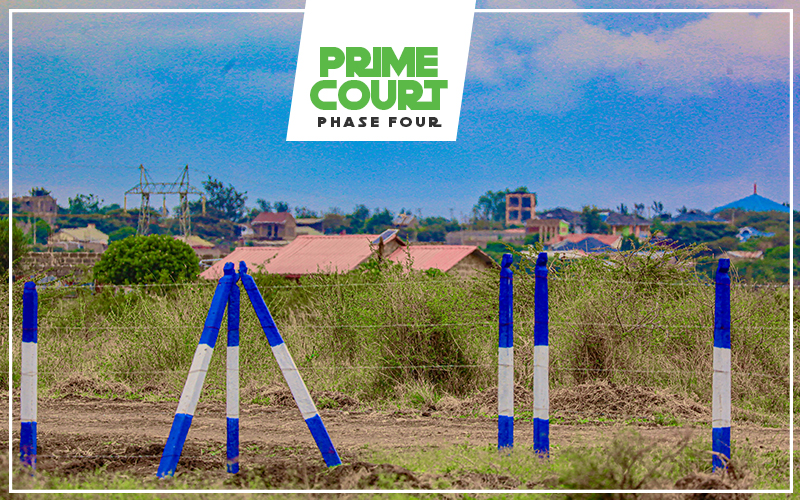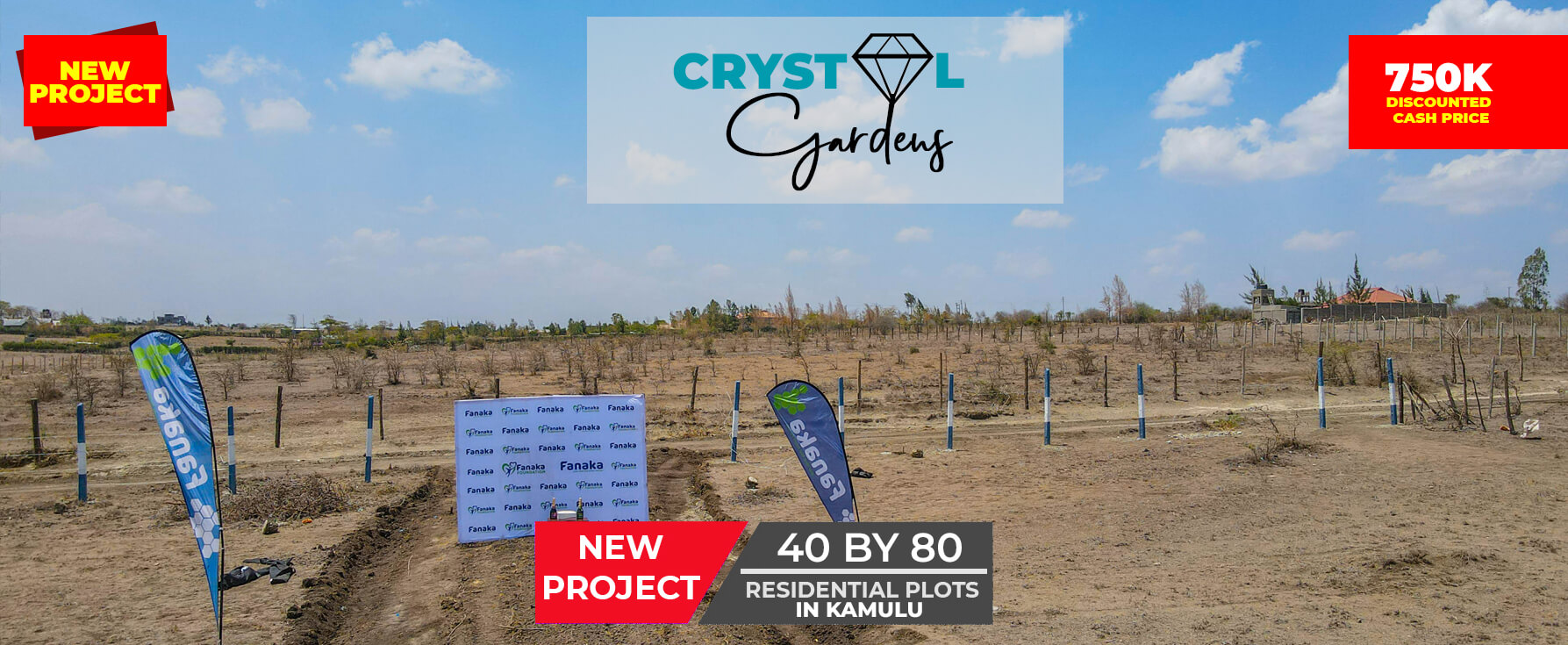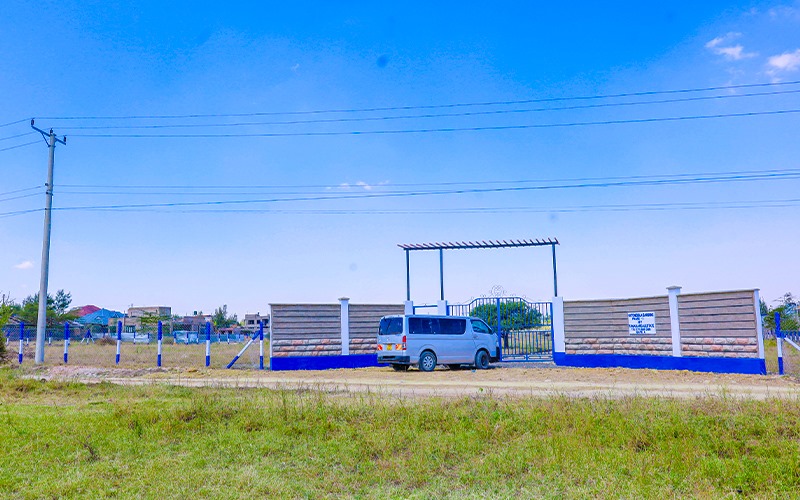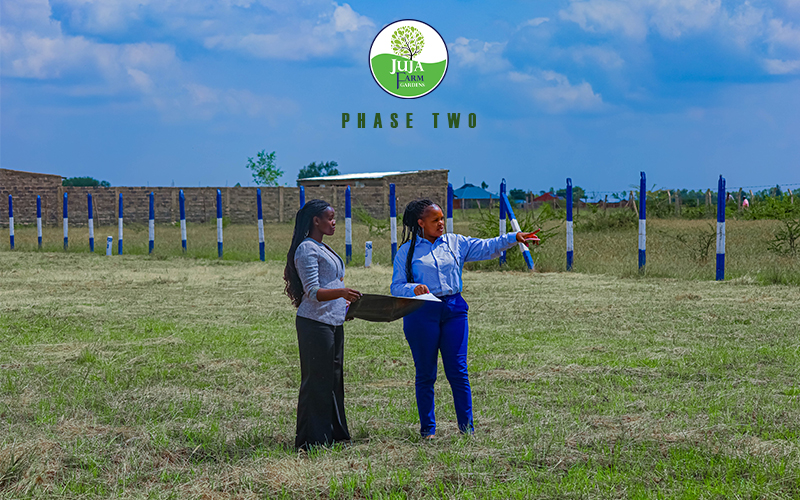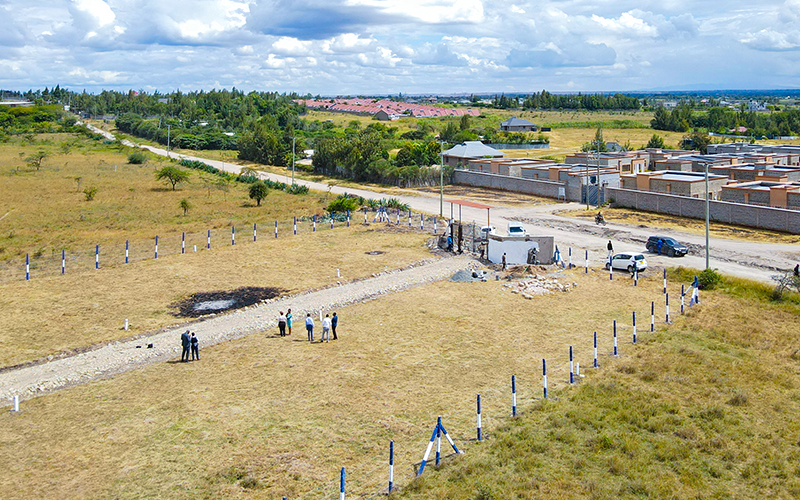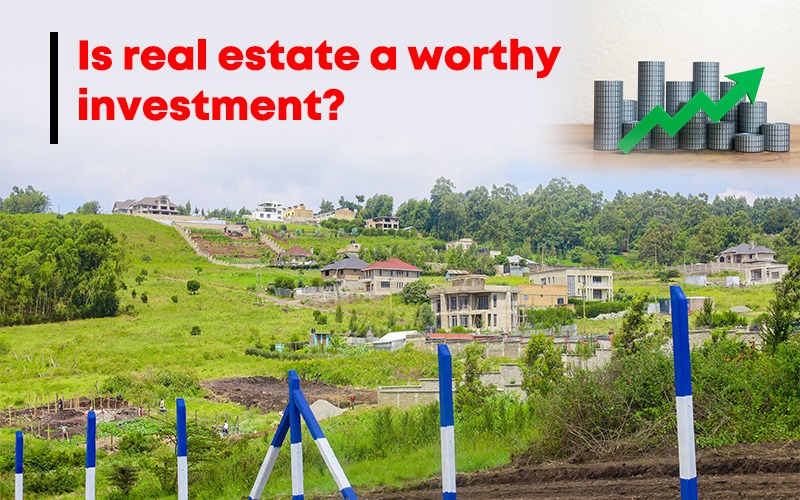
Is Real Estate a Viable Investment in Kenya?
In the world of investment, one question always resurfaces: Is real estate truly worth it? As someone who has walked with clients through countless land transactions and witnessed generational wealth being built plot by plot, I can say without hesitation that the answer is a resounding yes. But don’t just take my word for it. Let’s look at the facts, figures, and fundamentals that underpin real estate as a solid investment vehicle especially in the Kenyan context.
The Kenyan Landscape: Why Land Remains King
In Kenya, land remains one of the most searched investment options online. Search terms such as "land for sale in Kenya," "plots for sale Nairobi," "genuine land investment Kenya," and "affordable land near Nairobi" are consistently among the top Google trends. This shows a deeply held belief in land as a tangible, reliable, and appreciating asset.
According to the Kenya National Bureau of Statistics (KNBS), land prices in urban areas surrounding cities, like Syokimau, Katani, Joska, and Kitengela, have appreciated by up to 68% in the last 8 years. This growth is largely fueled by infrastructure development, such as expressways and bypasses, as well as a growing population and Nairobi's expanding metropolitan influence.
Real Estate vs. Other Investment Avenues
Let’s compare real estate with other popular investment options:
Investment Type | Average Annual Return (Kenya) | Risk Profile | Liquidity |
|---|---|---|---|
Land (Buy & Hold) | 12–20% (Appreciation) | Low to Medium | Low |
Stocks (NSE) | 8–14% | High | Medium-High |
Treasury Bonds | 10–13% | Low | High |
Cryptocurrency | Highly Variable | Very High | Very High |
Unlike stocks or cryptocurrency, land is not subject to daily market fluctuations. You won't wake up to find your plot has lost a significant portion of its value overnight. Land has intrinsic value and, with careful location selection and due diligence, can appreciate steadily.
Why Smart Investors Are Still Betting on Land
Seasoned investors understand that land is a finite and immovable asset. It offers flexibility, as it can be built on, leased, subdivided, or held for the long term. This flexibility makes land a foundational element of most wealth-building strategies. A 2023 HassConsult report found that 55% of Kenyan investors prefer buying land over any other asset class. The top reasons cited were "security of title," "low maintenance," and "long-term appreciation".
The Rise of “Buy and Build” Plots
There has been a growing demand for "buy and build" plots, especially in well-developed areas within the Nairobi Metropolis. This trend is particularly popular among middle-income earners and clients from the diaspora who are looking for both security and immediate use of the land. For example, at Fanaka, it has been observed that almost 30% of clients begin construction within the first six months of their purchase when amenities like water, electricity, and motorable roads are available. This suggests that people are no longer buying land purely for speculation; they are investing with a specific vision in mind.
So, Is Real Estate an Investment?
Yes, real estate is an investment, but more importantly, it is a smart investment. While land may not provide the immediate excitement of tech stocks or cryptocurrency surges, it offers something more valuable: stability, growth, and a legacy. As the author states from their experience, "When you invest in the right piece of land, you’re not just buying earth—you’re planting the future".
Final Thoughts
If you are searching for "where to buy genuine land in Kenya," "investment land opportunities," or "plots with ready title deeds near Nairobi," the time to act is now. Kenya’s land market is dynamic, but the fundamental principle remains constant: real estate is a decision to take control of your financial future.
To explore flexible payment plans, site visits, or due diligence support, it is recommended to connect with a trusted real estate partner who understands the importance of wise investment.
Article by Geoffrey Gichuki
